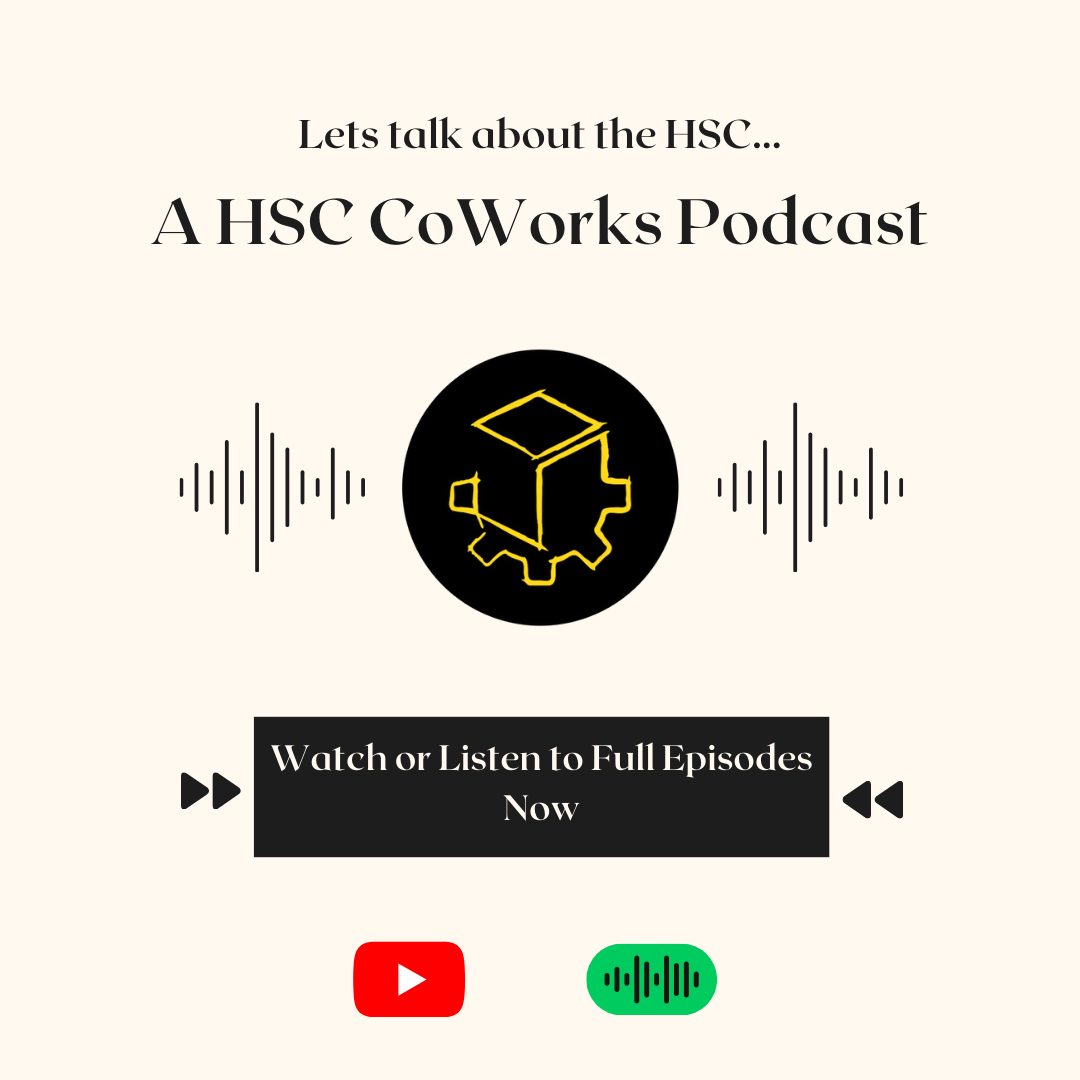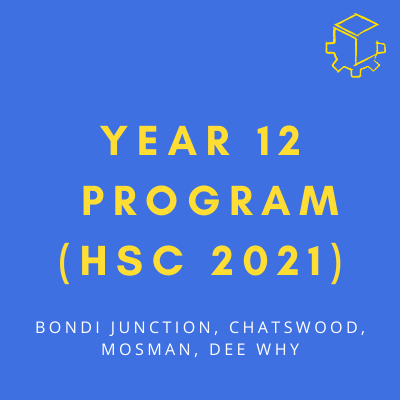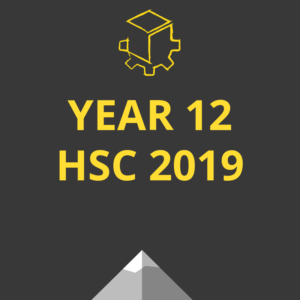Even for the most passionate English student, starting a new essay can be a painful and overwhelming experience. This is particularly true of Module B essays as the syllabus lacks its usual directive towards explorations of ‘Discovery’ or a comparison of two texts from different contexts.
Nevertheless, Module B does not have to be all pain and no gain. In fact, it could even be an enjoyable experience which allows you to finally write about what you think is significant within a text.
Whether you’re the type of student to get excited by this opportunity, or a student who really would prefer not to spend another eight weeks researching a text you don’t particularly enjoy, have a look as these tips to help you construct an awesome Module B essay.
Remember, conquering this module could be your ticket into your dream Uni course.
1. Read Your Text
While this should be an obvious first step, by Year 12, nearly every high-school student will have written about a text they never read.
However, for Module B, a thorough knowledge of the text is crucial to achieving a Band 6 – the exam question could ask about anything, from that one poem by Eliot that was just way too insignificant to study, to the chapter of Cloudstreet you simply couldn’t force yourself to read.
To give you an example, here’s one high-school’s niche question on William Shakespeare’s Hamlet:
Write a person response in which you discuss the relationship and motivations of Hamlet with THREE of the following minor yet significant characters: Fortinbras, Laertes, Rosencrantz and Guildenstern.
2. Have an Opinion!
“This module requires students to engage with and develop an informed personal understanding of their prescribed text.” (HSC Syllabus, Module B)
The unique and exciting aspect of Module B is that it asks you for your own interpretation more than any other Advanced English module. Unlike Area of Study and Module A, which are restricted by the syllabus outline, Module B gives you the opportunity to direct your own essay, focused upon whatever you see as significant in the text studied.
A helpful way to go about this is to make note of particular aspects of the text which resonate with you as you read/watch it. For example, you may find yourself drawn to the relationship between Hamlet and Ophelia, or maybe you find Charlotte Bronte’s presentation of insanity fascinating in Jane Eyre.
Once you finish reading, you’ll already have a list of concepts to research and contemplate, which brings me to my next point:
3. Research and Reflect
The right to showcase your own opinion comes with a responsibility to think deeply and critically about your text. This means reading scholarly opinions and evaluating your own interpretation of the text in response. As the HSC Syllabus explains…
“Students refine their own understanding and interpretations of the prescribed text and critically consider these in the light of the perspectives of others”
At this point, a simple google search of ‘relationships in Hamlet’ or ‘Insanity in Jane Eyre’ can supply you with great critical opinions on different concepts in your Module B text.
Taking it further, most schools will have access to online databases of some kind which provide a never-ending supply of scholarly opinion. If this is the case, Jstor and Google Scholar are fantastic databases to try out.
If you don’t have access to online databases, have a search of your local library to see if there are any resources close-by (for example, Chatswood library has a surprisingly thorough selection of books containing critical analyses of texts). Finally, the State Library has an amazing supply of both hardcopy and online resources for researching of academic opinions. Have a look at their website here: http://www.sl.nsw.gov.au/
4. Plan
It is absolutely essential to plan your Module B essay before you dive into the writing process. Not only will this save you a lot of confusion and frustration, but it ensures you have every building block necessary to construct a strong Module B essay.
The essential aspects of a Module B essay include: a thesis, themes or concepts, contextual information, consideration of the intended audience and the persona of a text, as well as evidence through an analysis of quotes and/or scenes using techniques. Then, on top of this, a consideration of others’ perspectives against your own.
5. Write & Rewrite
Nothing worth having comes easy, and even with a perfect plan, no strong essay can be written on the first go. This step can be split into two actions:
Drafting: Expect your first draft to be messy – it’s a normal phase of writing that everyone faces. The trick is to submit your work to a teacher, or an online marker through HSC CoWorks, accept their constructive criticism, edit and repeat.
Always keep an open mind when you receive feedback. Remember that teachers and markers have studied this subject as students and with other HSC students – they know what they’re talking about!
Writing: This time I’m not talking about draft versions of your essay, but actually handwriting your essay and adapting it to an exam style question.
Remember, you need to be prepared to answer any question in an exam, even a question on one particular character, poem, chapter or scene. It’s important to practice coming up with a strong argument under timed conditions, while also figuring out how to link your broader knowledge of the text into an essay responding to a narrowly focused question.
Finally, writing out your essay ensures you have tested how much you can write in 40 minutes. You want to make sure you can show off all of your amazing knowledge and hard-work in the end!











